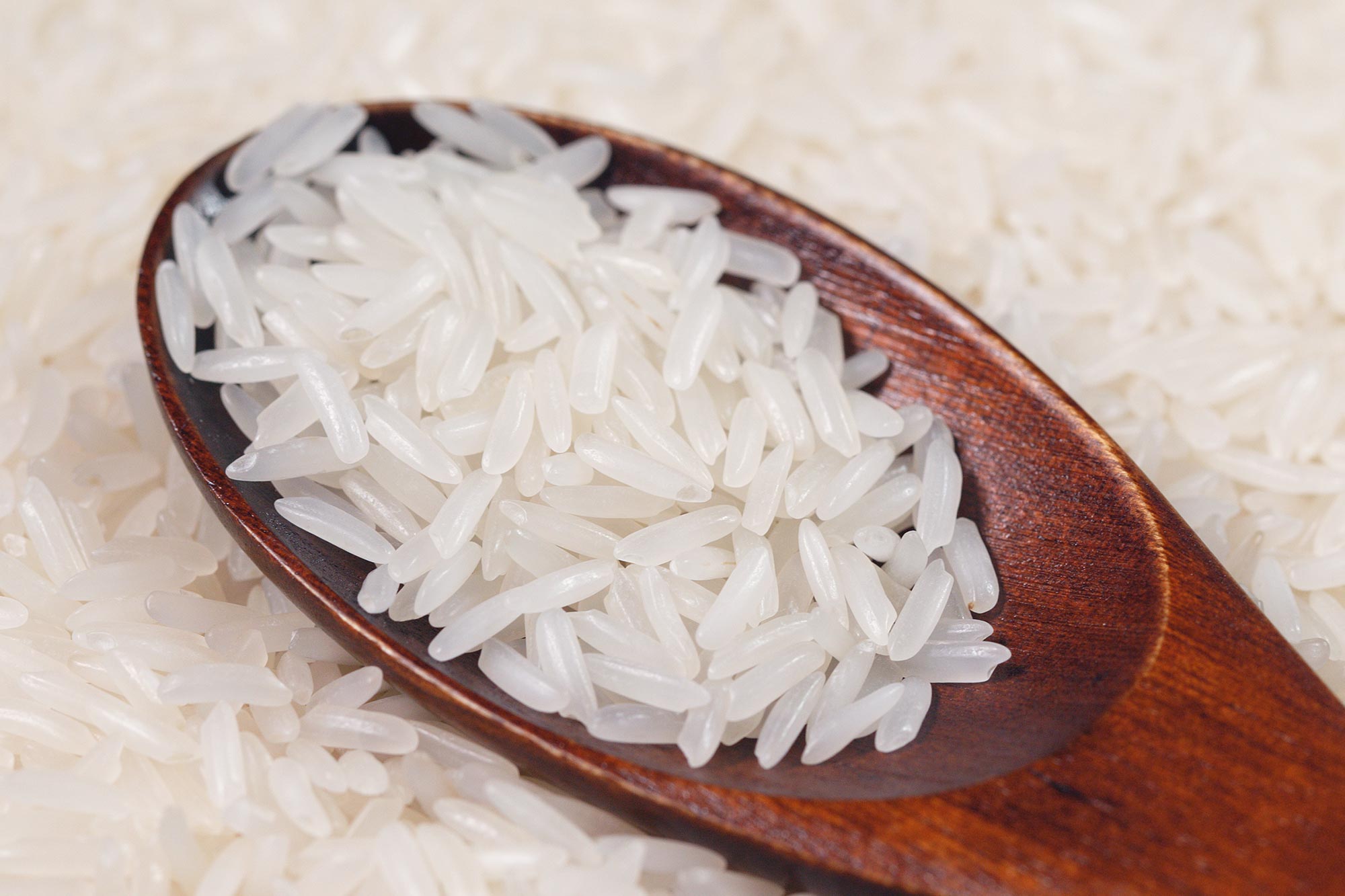

In the future, taking your blood pressure medication may be as simple as eating a tablespoon of rice. This “treatment” may also have fewer side effects than current blood pressure medications. As a first step, researchers reporting today (June 24, 2020) on ACS ‘ Journal of Agricultural and Food Chemistry They have made transgenic rice that contains various antihypertensive peptides. When fed to hypertensive rats, rice lowered blood pressure.
High blood pressure, also known as hypertension, is a major risk factor for cardiovascular disease and stroke. A common class of synthetic medications used to treat hypertension, called ACE inhibitors, target the angiotensin-converting enzyme (ACE), which is involved in regulating blood pressure. However, ACE inhibitors often have unpleasant side effects, such as dry cough, headache, rash, and kidney failure. In contrast, the natural ACE inhibitors found in some foods, such as milk, eggs, fish, meat, and plants, may have fewer side effects. But purifying large amounts of these ACE inhibitor peptides from food is expensive and time consuming. Le Qing Qu and his colleagues wanted to genetically modify rice, one of the most eaten foods in the world, to produce a mixture of ACE inhibitor peptides from other food sources.
The researchers introduced a gene for rice plants that consisted of nine ACE-inhibiting peptides and one relaxant peptide from bound blood vessels, and confirmed that the plants produced high levels of peptides. The researchers then extracted the total protein (including the peptides) from the transgenic rice and administered it to the rats. Two hours after treatment, hypertensive rats showed a reduction in blood pressure, whereas rats treated with wild-type rice proteins did not. Treatment of rats for a period of 5 weeks with transgenic rice flour also lowered blood pressure, and this effect was maintained 1 week later. The treated rats had no obvious side effects in terms of growth, development, or blood biochemistry. If these peptides have the same effects in humans, a 150-pound adult would need to eat just half a tablespoon of special rice a day to prevent and treat hypertension, according to the researchers.
###
Reference: “Hypotensive activity of transgenic rice seeds accumulating multiple antihypertensive peptides” by Dandan Qian, Bin Qiu, Nan Zhou, Fumio Takaiwa, Weidong Yong and Le Qing Qu, June 24, 2020, Journal of Agricultural and Food Chemistry.
DOI: 10.1021 / acs.jafc.0c01958
The authors acknowledge the funding of China’s National Transgenic Variety Development Program.